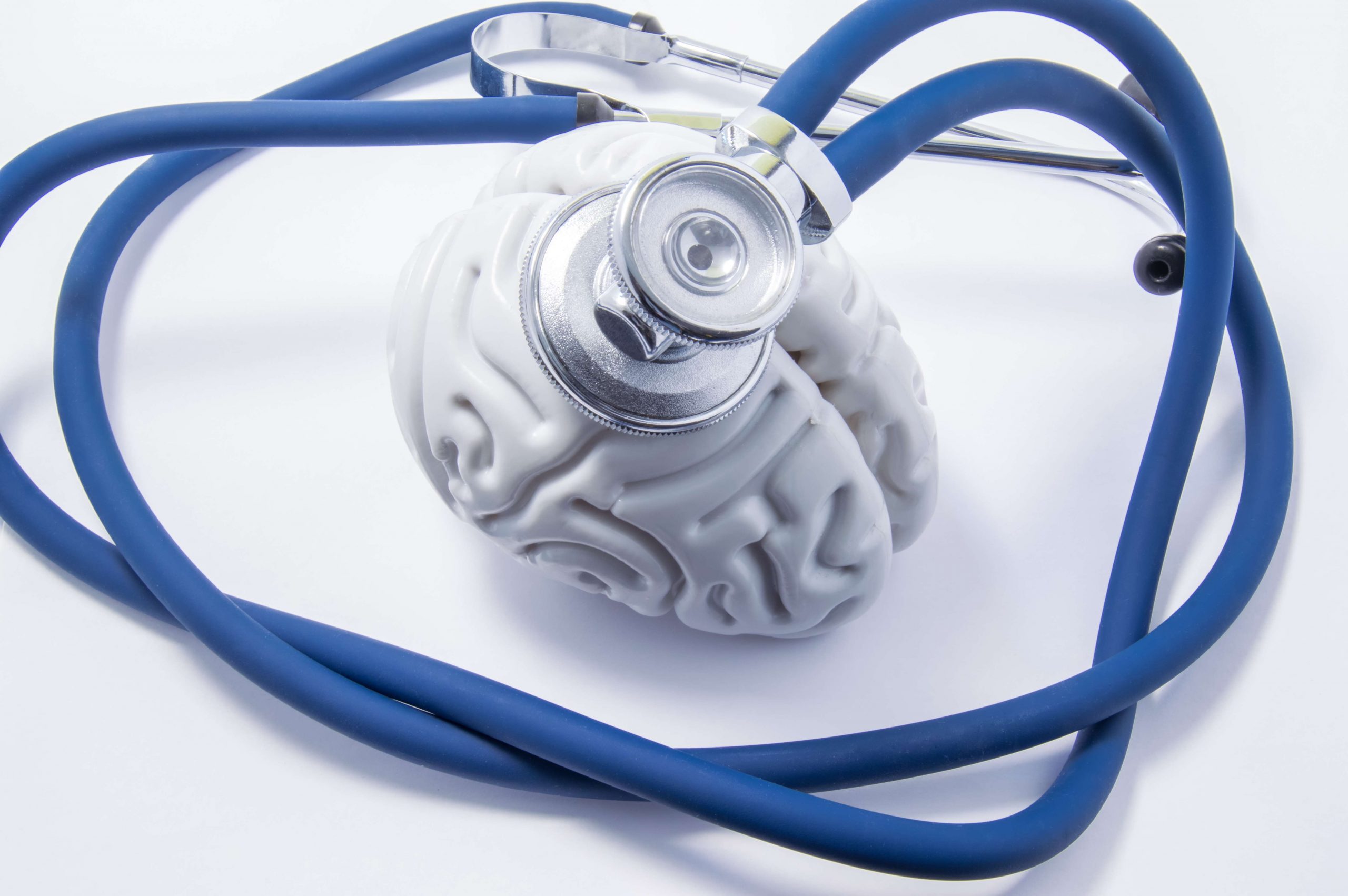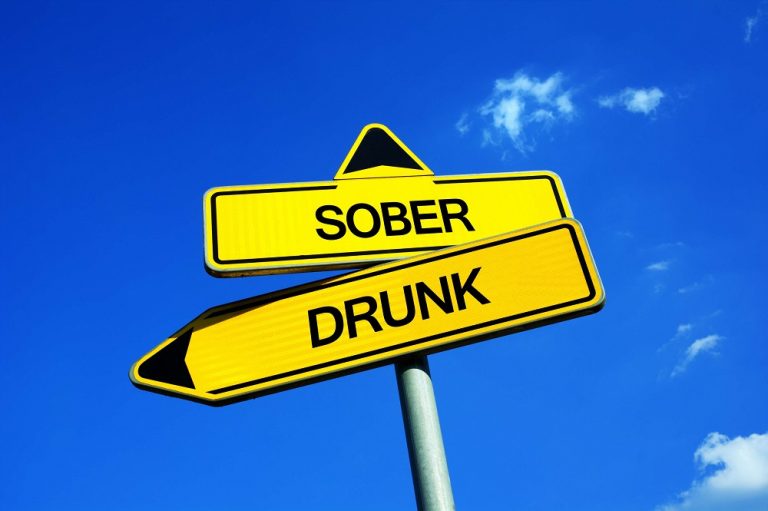Additionally, drinking lots of water can help dilute the alcohol in your urine, making it less detectable in a drug test. Detoxification is a safe and effective way to clean your system of alcohol. It can help you reduce your cravings and improve your overall health. However, it is important to understand that detoxification is only the first step in the recovery process.
- This guide will help you manage alcohol withdrawal symptoms and support your body’s healing.
- Located in the serene environment of Orange County, our facility offers personalized programs custom to your unique needs.
- The network also provides a variety of treatment programs, including outpatient care, to address underlying conditions like depression that may influence substance use.
- By following a few simple steps and taking the necessary precautions, you can ensure that you are able to remove alcohol from your system in a safe and effective manner.
- Those with pre-existing conditions might experience a prolonged detox process.
- To replenish these vital minerals and enhance your recovery process, it is important to include foods rich in electrolytes in your diet.
The Importance Of Family Support While Recovering From Addiction

Your body communicates its needs effectively; therefore, it’s vital to respond appropriately. Stay hydrated, eat nourishing foods that support liver function, and get adequate rest during this period. If you notice any alarming signs such as irregular heartbeats, confusion, or extreme fatigue, marijuana addiction seek medical help promptly. Several factors influence how fast or slow your body metabolizes alcohol. One crucial factor is your biological sex; typically, males tend to metabolize alcohol faster than females due to differences in body composition and enzyme levels. Additionally, genetics play a significant role in determining how efficiently your body processes alcohol.
Myth #6 – Drinking Chemical Cleansers Will Make Tests Unable to Detect Cocaine
It can ease withdrawal symptoms, lift your mood, and aid in recovery. Physical activity promotes sweating, which is another way your body eliminates toxins, including alcohol. Sweating helps remove impurities through the skin, complementing the liver’s efforts to metabolize and eliminate alcohol from your bloodstream.

Treatment Designed for You.

Start by understanding the importance of hydration in the detoxification process. When you consume alcohol, your body becomes dehydrated as it increases urine production. To counteract this, make sure to drink plenty of water before, during, and after consuming alcohol.
Unfortunately, alcohol metabolism must run its course, and there is no way to speed up the process. Your liver health and ADH levels will determine how efficiently your body processes the alcohol you’ve consumed. Most of the work is done there—approximately 90% of alcohol is eliminated by the liver. You https://ecosoberhouse.com/ also excrete a small amount—2-5%—of alcohol through your breath, sweat, and urine. There’s no instant cure, but staying hydrated, eating nutrient-rich foods, exercising, and avoiding further use are your best natural options.
- We recently launched our in-app chatbot, Melody, powered by the world’s most powerful AI technology.
- If you have any concerns or questions about your health, you should always consult with a physician or other health-care professional.
- Maintain your profile by updating your photos, video links, treatment services, and contact details to ensure optimal visibility.
- Find out more about medication-assisted treatment (MAT).8 MAT involves a combination of medications and counseling to help manage withdrawal and reduce cravings.
- Increasing your fiber intake can also help to quickly flush alcohol from your urine.
- Through past research, it is well understood what types of drugs produce which types of metabolites and how long those metabolites stay in the system.
It is what removes alcohol from the body important to use activated charcoal with caution and under the guidance of a healthcare professional. Generally, individuals with higher body weights may process alcohol more efficiently than those with lower body weights due to differences in metabolic rates. Additionally, the presence of food in your stomach can slow down alcohol absorption as it delays the passage of alcohol from the stomach into the small intestine where most absorption occurs. First stop is the stomach where some people have enzymes that break down alcohol. It then enters the small intestine, then the bloodstream and the brain.






